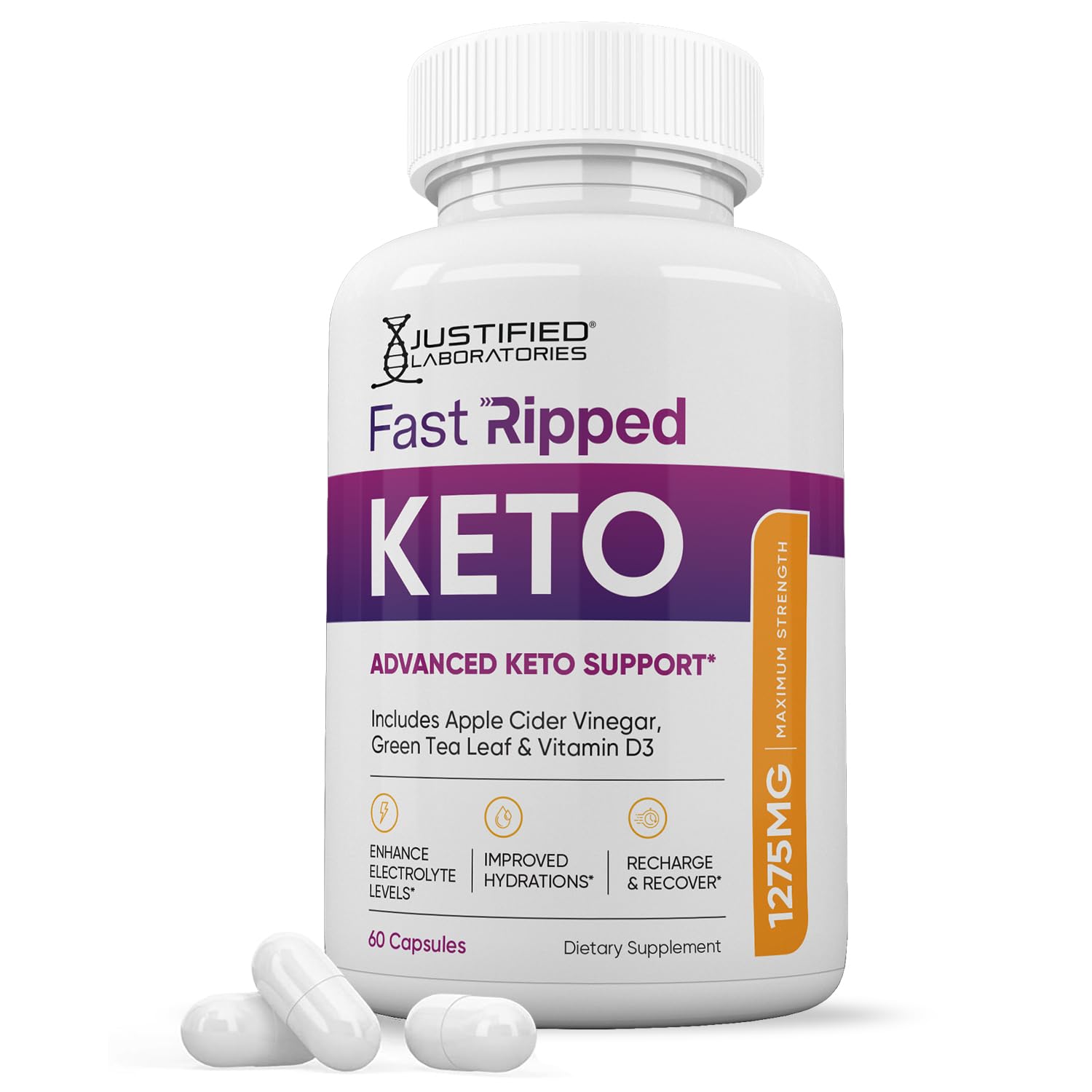Apply Now
Understanding the Keto Diet: A Modern Perspective
The ketogenic diet, commonly known as the keto diet, has gained immense popularity over the past few years, and as we progress into 2025, its relevance continues to grow. This low carb, high fat diet emphasizes a significant reduction in carbohydrate intake while increasing fat consumption, promoting a metabolic state known as ketosis. In this state, the body becomes remarkably efficient at burning fat for energy, leading to enhanced weight loss and various health benefits.
Embracing the keto lifestyle involves more than just altering macronutrient ratios; it also includes a focus on clean eating and ensuring that foods consumed are nutrient-dense and supportive of overall well-being. Many people are starting to recognize the advantages of the keto diet for blood sugar control, particularly in the context of insulin resistance and diabetes management.
In this article, we will delve into modern benefits of the keto diet in 2025, exploring practical meal plans, examining keto recipes, and discussing its effects on energy levels, brain health, and weight management. By understanding these aspects, you will be better prepared to embark on a ketogenic journey tailored to your unique dietary needs.
Key Health Benefits of the Keto Diet
The keto diet is associated with a myriad of health benefits that extend beyond weight loss. One of the primary advantages of this dietary approach is its impact on **blood sugar control**. Research indicates that a ketogenic diet can effectively help stabilize blood sugar levels, making it a viable option for individuals grappling with diabetes or insulin resistance.
Moreover, the emphasis on high-quality fats and nutrient-dense foods paves the way for improved cardiovascular health. Healthy fats from sources like **avocados**, **nuts and seeds**, and **fatty fish** support heart function by promoting healthy cholesterol levels and reducing inflammation.
Another notable benefit of the keto lifestyle is its potential to enhance **brain health**. The brain thrives on ketones produced during ketosis, leading to improved cognitive functions, better focus, and even sharper mental clarity. This is particularly important as it relates to the aging population looking to ward off cognitive decline.
In summary, adopting a ketogenic diet can lead to transformative health improvements, not only in terms of weight management but also in enhancing overall wellness.
Creating Your Keto Meal Plan
Creating a successful keto meal plan in 2025 means focusing on achieving the right **macros** while ensuring meals are both satisfying and enjoyable. An effective meal prep strategy includes a carefully selected grocery list of **keto-friendly foods**. Your shopping list should prioritize high-fat options like coconut oil, olive oil, and various meats while also incorporating plenty of non-starchy vegetables.
Planning meals ahead of time is essential for staying on track. For example, incorporating easy meals with **low carb recipes** such as zoodles (zucchini noodles), cauliflower rice, and healthy snacks like cheese sticks can ease the transition into keto. It is also beneficial to discover diverse cooking methods that maintain the integrity of the ingredients used.
Utilizing a **meal prep** strategy can streamline your efforts. Allocate a specific day for cooking and organizing your meals; this can greatly reduce stress during the week. Consider making a batch of versatile foods, such as **keto soups** or stir-fries that can be portioned out for convenient future meals.
As you get accustomed to this lifestyle, focus on **meal timing** and **portion control**. Paying attention to how your body responds to different meal frequencies can assist in identifying what works best for you in maintaining long-term success.
Delicious Keto Recipes to Try
The keto diet doesn't have to be monotonous; in fact, numerous delicious keto recipes exist to satisfy your taste buds while adhering to dietary guidelines. One excellent option is the keto-friendly egg muffins, which provide a perfect breakfast packed with protein and healthy fats. These can easily be customized with various vegetables, meats, and cheeses for an exciting meal.
Another fantastic recipe is **avocado and shrimp salad**, which combines the creamy texture of avocado with the lean protein from shrimp. Add some low carb veggies like bell peppers and cucumber for added crunch while keeping net carbs low.
For dessert enthusiasts, keto desserts made with **almond flour** and natural sweeteners can curb your sweet tooth without compromising ketosis. Try making **low carb brownies** or **keto cheesecake** that captures the flavor while maintaining healthy fat levels.
These recipes not only highlight the culinary creativity possible on a ketogenic diet but also show that family meals can still be exciting. By incorporating ingredients that align with dietary goals, you can create an environment where the whole family benefits from healthier eating habits.
Practical Tips for Keto Success
Adopting a ketogenic diet involves more than simply testing the waters with a few recipes. It requires perseverance and adopting strategies that promote success in the long run. One of the essential components to consider is **tracking progress** through dietary assessments and personal reflections.
Be mindful of cravings and learn effective **anti-craving strategies**. Incorporating **nutritional mindfulness** will foster better eating habits and help you recognize the behavioral changes required for success. Sometimes, embracing **intermittent fasting** can assist in increasing weight loss rates by encouraging your body to utilize fat stores more efficiently during fasting periods.
Additionally, joining **online communities** and engaging with individuals on similar journeys can enhance motivation and accountability structures. Sharing successes and challenges can result in stronger commitment to sustainable changes.
Ultimately, keeping a positive mindset and celebrating each small victory will contribute to the overall **psychological well-being** necessary for thriving on the keto diet.
Common Keto Mistakes to Avoid
Like any lifestyle change, transitioning to keto comes with its pitfalls. One of the most prevalent keto mistakes is **insufficient protein intake**. While the focus is on high fats, not enough protein can lead to muscle loss and metabolic imbalances. A well-rounded keto plan should aim for a moderate protein intake that supports muscle maintenance.
Additionally, many newcomers overlook **net carbs**, mistakenly consuming excess carbohydrates. Understanding how to calculate net carbs—total carbohydrates minus dietary fiber—can prevent this commonly made mistake.
Staying hydrated is crucial while on the keto diet to avoid the dreaded **keto flu**, which may occur as your body adjusts to fat-burning. Ensuring adequate **electrolyte intake** by consuming foods rich in potassium and magnesium will alleviate some of these symptoms.
Finally, don’t be afraid to experiment with **food substitutions** that avoid additives or preservatives commonly found in processed foods. Opt for whole, unprocessed ingredients whenever possible to aid in your transition to a healthier lifestyle.


FAQs About the Keto Diet
What should I eat on a keto diet?
Focus on high-fat options, including healthy oils, avocados, nuts, and fatty fish. Incorporate non-starchy vegetables for essential nutrients and fiber, while limiting carbohydrate sources.
Can I eat fruits on a keto diet?
Yes, but focus on lower sugar fruits like berries and avocados that are higher in healthy fats and lower in net carbs.
How long does it take to enter ketosis?
Typically, it takes about 2-7 days for most individuals to enter ketosis, depending on previous dietary habits and individual metabolism.
Is keto diet sustainable in the long term?
With careful planning and a balanced approach, a ketogenic lifestyle can be sustainable. Many incorporate periods of carb cycling or calorie deficits for continued progress.
Can I maintain my workout routine on keto?
Yes, many people find that once fat adaptation occurs, they experience increased energy during workouts. Pre- and post-workout meals should focus on avoiding high carbs while ensuring adequate protein intake.
Its part of generated content. Can i generate another part?


